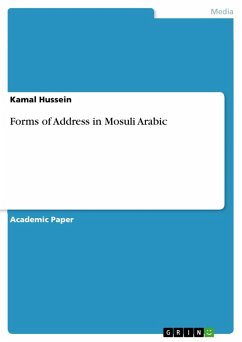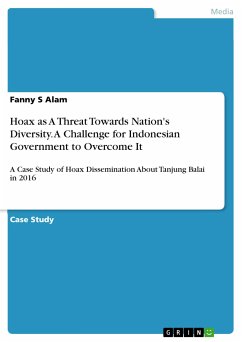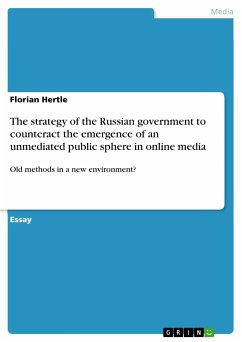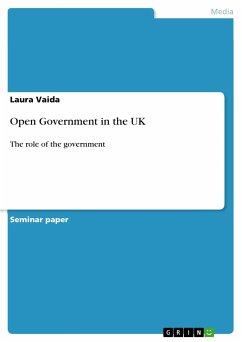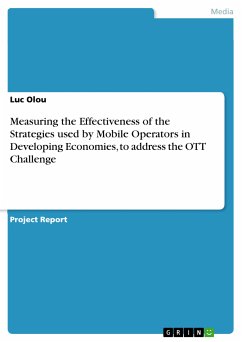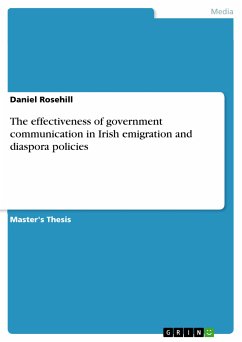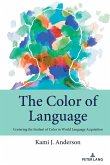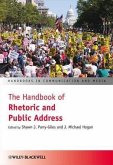Academic Paper from the year 2018 in the subject Communications - Miscellaneous, University of Mosul, language: English, abstract: The nature of this study is to investigate the socio-cultural rules that govern address usage in daily conversation in Mosuli Arabic within family members. A socio-pragmatic approach is adopted in this study and by using semi-structured interviews to collect data from 80 participants in English Department, College of Education for Humanities, University of Mosul. The selection of the participants is done through four variables namely: age, gender, educational status and marital status. In this study, two theoretical framework are selected as a model of analysis namely the communication accommodation theory and the power and solidarity theory of Brown and Gilman. The study finds that the age and family status are the most effective determiners of address choice in Mosul society. Language is the main way for exchanging information and knowledge. In addition, it shows individuals' identities, cultures, relationships and preferences to become closer or distant from each other. The way people open and end conversation, and address one another in a given situation are significant in the study of communication. Address forms are not neutral in communication. They convey attitudes and feelings; the choice of these terms is based on the way interlocutors evaluate communication situation. The choice of address terms reveals the social relationship between the addresser and the addressee. Meanwhile, it represents the social characteristics of speaker. Every time one person speaks to another, there is created a host of options centering around whether and how persons will be addressed or named. By now, still there are many unanswered questions about address terms, since address terms are as complicated as the society itself. The main issues are how people address each other and how distinct forms like personal names, family names, pronouns, titles, nicknames are used to address.
Dieser Download kann aus rechtlichen Gründen nur mit Rechnungsadresse in A, B, BG, CY, CZ, D, DK, EW, E, FIN, F, GR, HR, H, IRL, I, LT, L, LR, M, NL, PL, P, R, S, SLO, SK ausgeliefert werden.

